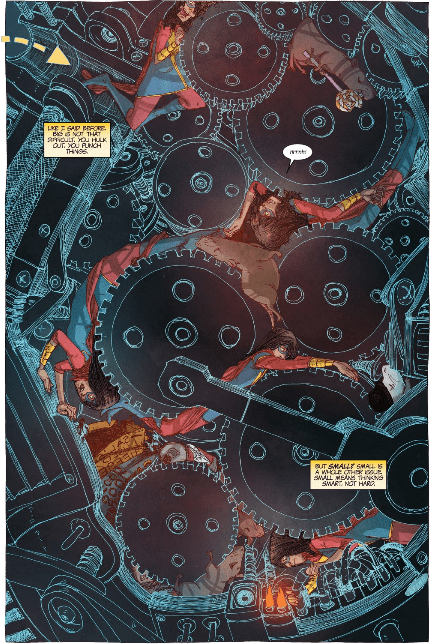“Here’s an easy way to figure out if you’re in a cult: If you’re wondering whether you’re in a cult, the answer is yes.” ― Stephen Colbert, I Am America
They say hindsight is 20/20. Never has this cultural idiom been so true to me as the moment that I realized I grew up in a cult. After conducting some personal and academic research about the characteristics of a cult, the scales fell from my eyes and, hallelujah, I could see.

It wasn’t as earth-shattering as I would have expected, in some ways, it was like I always knew. I just had to step out of the cult closet and see for myself.
A few characteristics of a cult include financial mismanagement, abusive behaviour, and attempts to control members through manipulation. During my time in my childhood church I experienced and/or witnessed each of these concerning behaviours. Don’t get me wrong, we weren’t the kind of horror movie cult that was sacrificing babies, or drinking poisoned Kool-Aid. Generally, it wasn’t even all that bad. But on the spectrum of church to cult, we had more in common with a cult than the typical church.
I learned a lot from my recent revelation, and I wanted to share what I learned with you. Below, I’ve included three life lessons I learned in church, or, as I like to say, the hilariously-sad realization I grew up in a cult.
Life Lesson #1: Your Time is Valuable
“If God is up at five in the morning for prayer… (dramatic pause)… Then you should be, too!”

Time is arguably our most valuable commodity, and it’s your time that a cult will take the most of. For most cults, controlling your time is almost as good as controlling your money. Since I was quite young I didn’t donate a lot of money, but let me give you a breakdown of how I spent my time:
There are 168 hours in a week. We sleep about 56 hours, and work about 40 hours each of the five workdays. That leaves about 72 hours left to do what we like. In our cult, we were told that our time was spiritual money in our spiritual bank account. If we had free time we weren’t doing enough for the Lord.
In a given week we would spend 19 hours in prayer (both communal and private), 6 hours in service, 4 hours doing street ministry (aka knocking on people’s doors and handing out pamphlets), 10.5 hours of driving ministry (picking up families for church programs), 3 hours youth ministry, 4 hours outreach ministry, and 5 hours in worker meetings or music practice. That left 19.5 hours of free time for 7 days, or approximately 2.7 hours of free time per day. To put it another way: if our free time had been money we would have barely made enough to support a child in a third world country.
When I finally committed to not go to church (cult) anymore, I suddenly had time to do what I wanted. It was as if I had discovered my belly button for the first time as an adult, which would be mind-blowing, to say the least.
Life Lesson #2: Question Everything
“When you come in here, turn off your brain.”
Ignorance is bliss, but cult ignorance? That shit is magical.
The first thing a cult takes away is your ability to question. You are not allowed to question leadership, the lack of faith healings, or the way money is being managed. You are discouraged from receiving a secular education and told to “turn off your brain” so the spirit could lead. Asking certain questions could get you ex-communicated. This meant that the Leaders would restrict any communication/contact between the ex-communicated person and the rest of the church congregation. This delicate practice was meant to somehow force the individual into repentance and to return once again to their (dysfunctional) church family.
In order to demonstrate your “true faith” you were required to leave your logic at the door and take everything on faith, no matter how absurd some of the services would get (running around the building and shouting at the top of your lungs was a frequently occurring event). While this kind ignorance was truly blissful, it quickly got out of hand.
Growing up in a cult was a lot like growing up in a tiny magical bubble. My tiny bubble consisted of a small intimate group of people that saw each other every day. Like most charismatic churches we believed in faith healing, prosperity, and gifts of the spirit (speaking in tongues).

However, we also believed we could:
- change the weather
- drive cars without gas
- teleport
- pray back a woman’s hymen so she could re-lose her virginity on her wedding night (honest truth)
- pray away the gay
- chase demons out of the church (this actually involved physically running around)
- pray over adult video stores to close them down (it actually did close down two weeks later, BTW)
- repel bullets through prayer (when the persecution came)
- pray people out of the grave.
It was a strange, wonderful, magical bubble, to say the least. But it was also a bubble that needed to burst.

For me, the pin that burst the bubble came the day we were asked to pray for a specific group of people to die.
We prayed, and they died, further justifying our beliefs in our magical powers.
It was scary, scary to be in a group of people you love and have grown to know over decades, then, one day, to see them all pray in mindless fervour for someone to die.
This is when the magic ended, I no longer viewed the world through the foggy haze of my magic bubble. I suddenly realized this was all crazy and I had no choice but to leave.
Life Lesson #3: Know When to Walk Away, And Know When to Run
“I don’t trust people with an education, they think too much with their head.”
As cliche as it sounds, things aren’t always meant to last forever. Leaving the safety and security of the community was hard. It was like a divorce; a divorce where you had to separate yourself from every single member of your family one by one. Although I came out relatively unscathed, there were people who I cared about who lost everything: family, money, and community.
The loss of community was the most heartbreaking. It left many bewildered and asking themselves a multitude of questions: What had been the point of all that hard work and time? Why did we pray so much? Why did I give away so much money? And why did I needlessly hate myself for natural body functions? Masturbation jokes aside, after leaving, or rather running, from the cult that I grew up in I learned that I don’t need their edification in my life to have purpose. I could live and make my own choices, without fear that God or church will disapprove. In my cult-free life I have found joy and purpose. Plus, there’s no one trying to steal my money anymore.
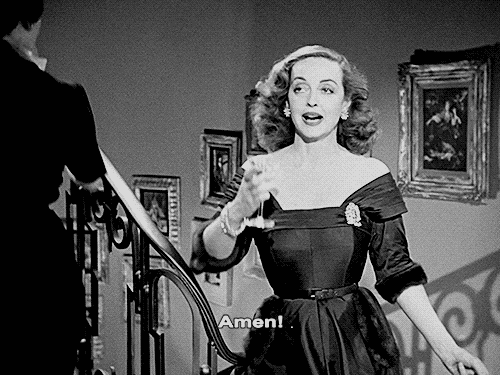
The writer of this post has chosen to remain ANONYMOUS.


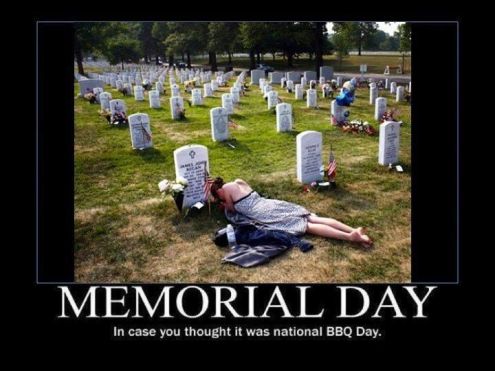

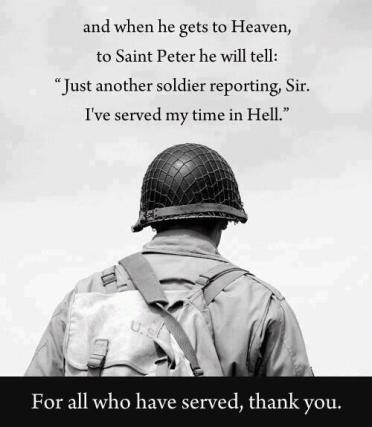
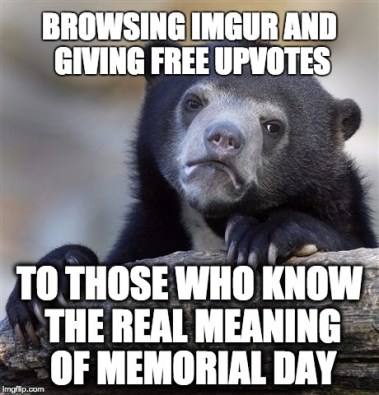







 As predicted
As predicted 